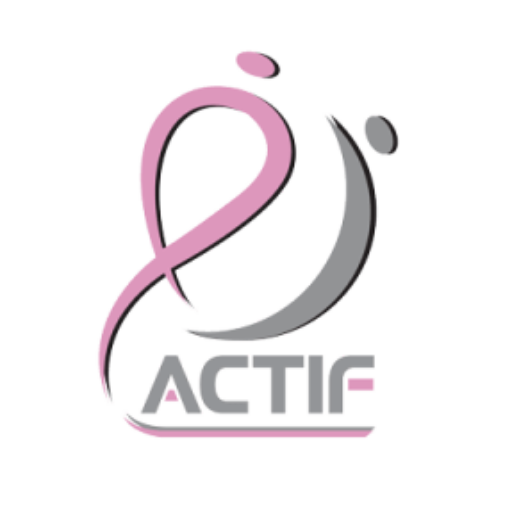Uncategorized
Preparing for Success: Essential Nutrients for Patients Before Gastric Bypass Surgery
Gastric bypass surgery is a life-changing procedure designed to aid individuals in their weight loss journey. As patients embark on the path to improved health through this surgery, it is crucial to focus on optimizing nutritional status beforehand. Preparing the body with essential nutrients can enhance the surgical process, minimize potential complications, and pave the way for a successful post-operative recovery.
Key Nutrients for Pre-Gastric Bypass Surgery:
- Protein:
- Importance: Protein is vital for maintaining muscle mass, supporting immune function, and aiding in the healing process post-surgery.
- Sources: Lean meats, poultry, fish, eggs, dairy, and plant-based protein sources such as legumes and tofu.
- Iron:
- Importance: Adequate iron levels are crucial for preventing anemia, a condition that can be exacerbated by the surgery and lead to fatigue.
- Sources: Red meat, poultry, fish, beans, lentils, and fortified cereals.
- Folate:
- Importance: Folate is essential for cell division and tissue repair, playing a key role in the healing process post-surgery.
- Sources: Dark leafy greens, legumes, citrus fruits, and fortified grains.
- Vitamin C:
- Importance: Boosts the immune system, aids in wound healing, and enhances iron absorption.
- Sources: Citrus fruits, strawberries, bell peppers, and broccoli.
- Calcium:
- Importance: Supports bone health, and since gastric bypass can impact calcium absorption, it’s crucial to ensure adequate levels before surgery.
- Sources: Dairy products, fortified plant-based milk, leafy greens, and nuts.
- Vitamin D:
- Importance: Works in tandem with calcium for bone health and helps regulate the immune system.
- Sources: Fatty fish, fortified dairy or plant-based milk, and exposure to sunlight.
- B Vitamins (B12, B6, B1):
- Importance: These vitamins are involved in energy metabolism, nerve function, and the prevention of complications such as neuropathy.
- Sources: Meat, poultry, fish, dairy, eggs, and fortified grains.
- Omega-3 Fatty Acids:
- Importance: Promotes cardiovascular health and helps manage inflammation, which can be beneficial during the recovery phase.
- Sources: Fatty fish (salmon, mackerel), flaxseeds, chia seeds, and walnuts.
Preparing for Nutritional Optimization:
- Consultation with a Registered Dietitian:
- Seek guidance from a registered dietitian who specializes in bariatric nutrition. They can provide personalized advice based on individual health needs.
- Supplementation:
- Depending on pre-surgery nutritional assessments, your healthcare team may recommend specific supplements to address deficiencies and optimize nutrient levels.
- Hydration:
- Adequate hydration is crucial. Water is essential for digestion, nutrient absorption, and overall well-being. Avoid sugary drinks and focus on water intake.
- Balanced Diet:
- Aim for a well-balanced diet that includes a variety of nutrient-dense foods. This will not only optimize nutritional status but also support overall health.
Preparing for gastric bypass surgery involves more than just the physical and logistical aspects. Nutrition plays a pivotal role in ensuring the body is well-equipped for the challenges and changes it will undergo. By focusing on key nutrients before surgery, patients can enhance their overall well-being, facilitate a smoother recovery, and set the stage for long-term success in their weight loss journey. Always consult with healthcare professionals for personalized advice tailored to individual needs and health conditions.


